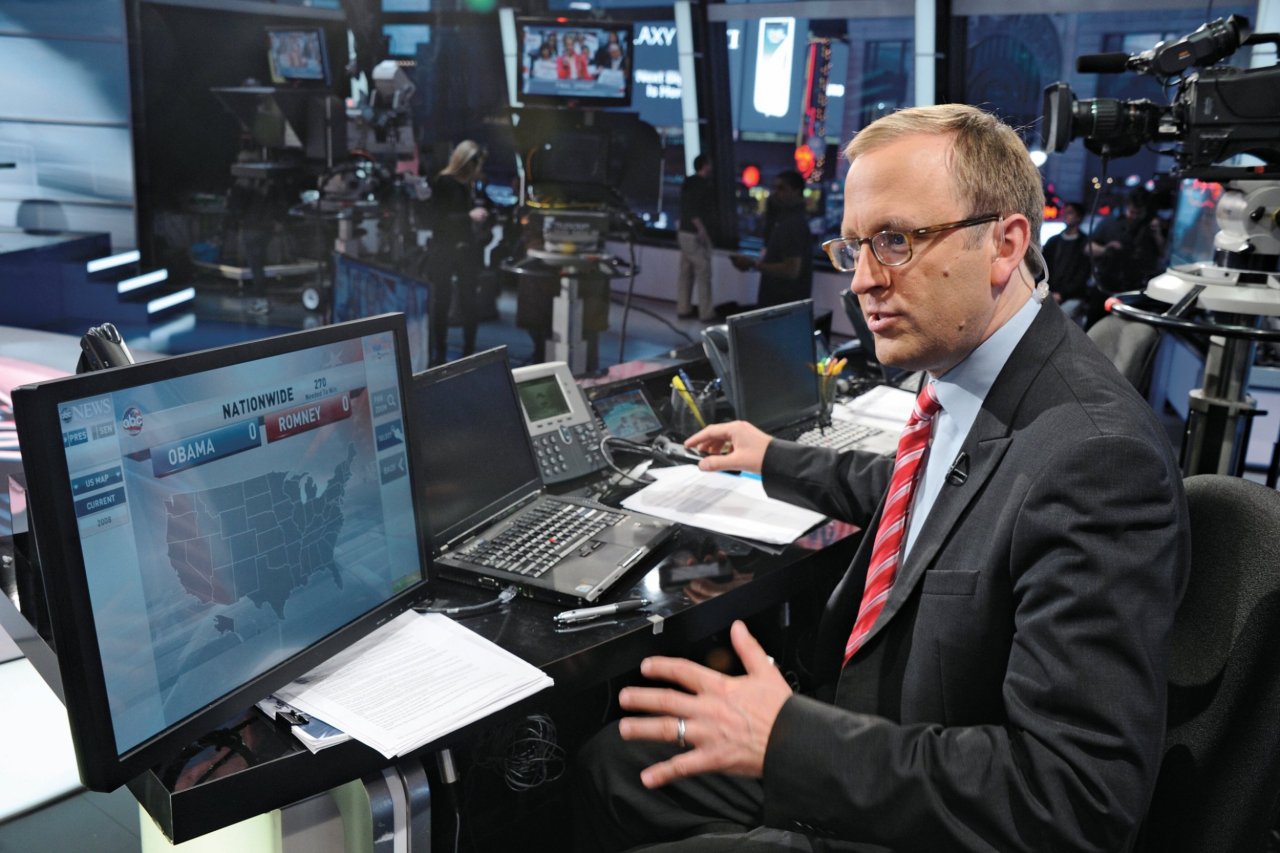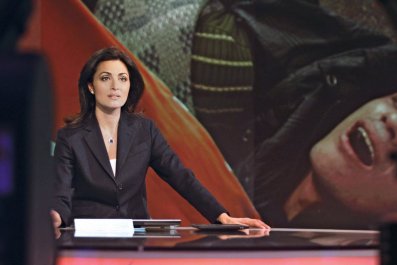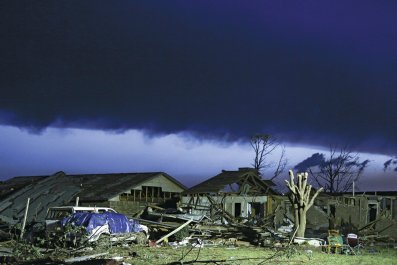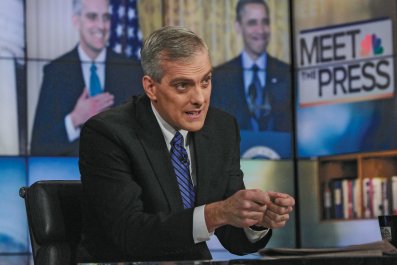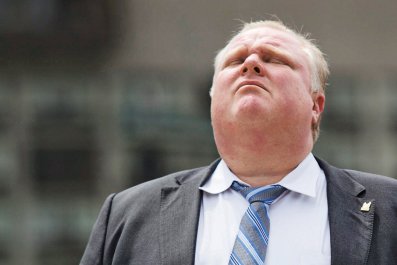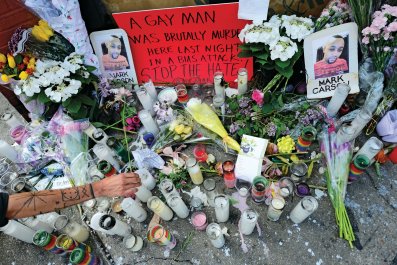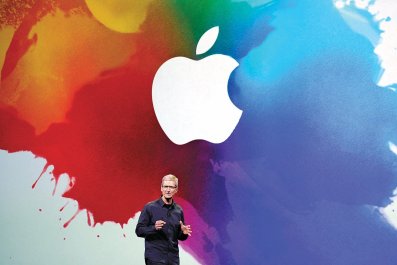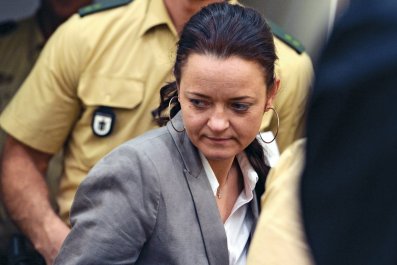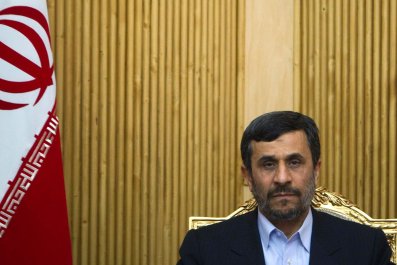FOR OBAMA'S supporters, the true Benghazi scandal at the moment has nothing to do with the White House. No, the scandal is about ABC News White House correspondent Jonathan Karl.
The Karl saga began earlier this month, when he reported that the administration's public talking points about the Benghazi attacks went through 12 revisions before Susan Rice read them on the Sunday shows. Previously, the White House had said that it made only one change to the talking points that were crafted by the CIA. But Karl's story, along with an earlier dispatch by The Weekly Standard's Stephen Hayes, obliterated this contention. They showed that a number of topics discussed in the initial CIA draft—prior attacks on Western targets in Benghazi, warnings of the deteriorating security situation, the radical group Ansar al-Sharia—were taken out of the final draft.
Karl, however, made some mistakes. He said in his story that he had viewed an email from White House Deputy National Security Adviser Benjamin Rhodes, when in fact he had viewed only a summary of that email. That summary was in turn slightly misleading: it created the appearance that Rhodes was singling out concerns from the State Department about the talking points. The full email, however, makes clear that Rhodes wanted the talking points to take account of concerns from several government entities, and he did not single out the State Department.
On Twitter, Karl apologized directly to Rhodes for misquoting him. Tommy Vietor, a friend and former colleague of Rhodes's at the White House (where he was, until recently, National Security Council spokesman), told Newsweek that he respects Karl's work. "I think he had a source that was dishonest," Vietor says.
Criticism of Karl's errors is warranted. But it's worth remembering that his mistakes have little bearing on the significance of his overall scoop: the White House did edit the CIA's talking points and strip them of facts that would have made Benghazi seem like a terrorist attack. What remained in the talking points was not a fact at all: the assertion that the attack stemmed from a demonstration against an Internet video. Isn't that error from the Obama administration more consequential than the errors Karl made in the course of exposing it?



